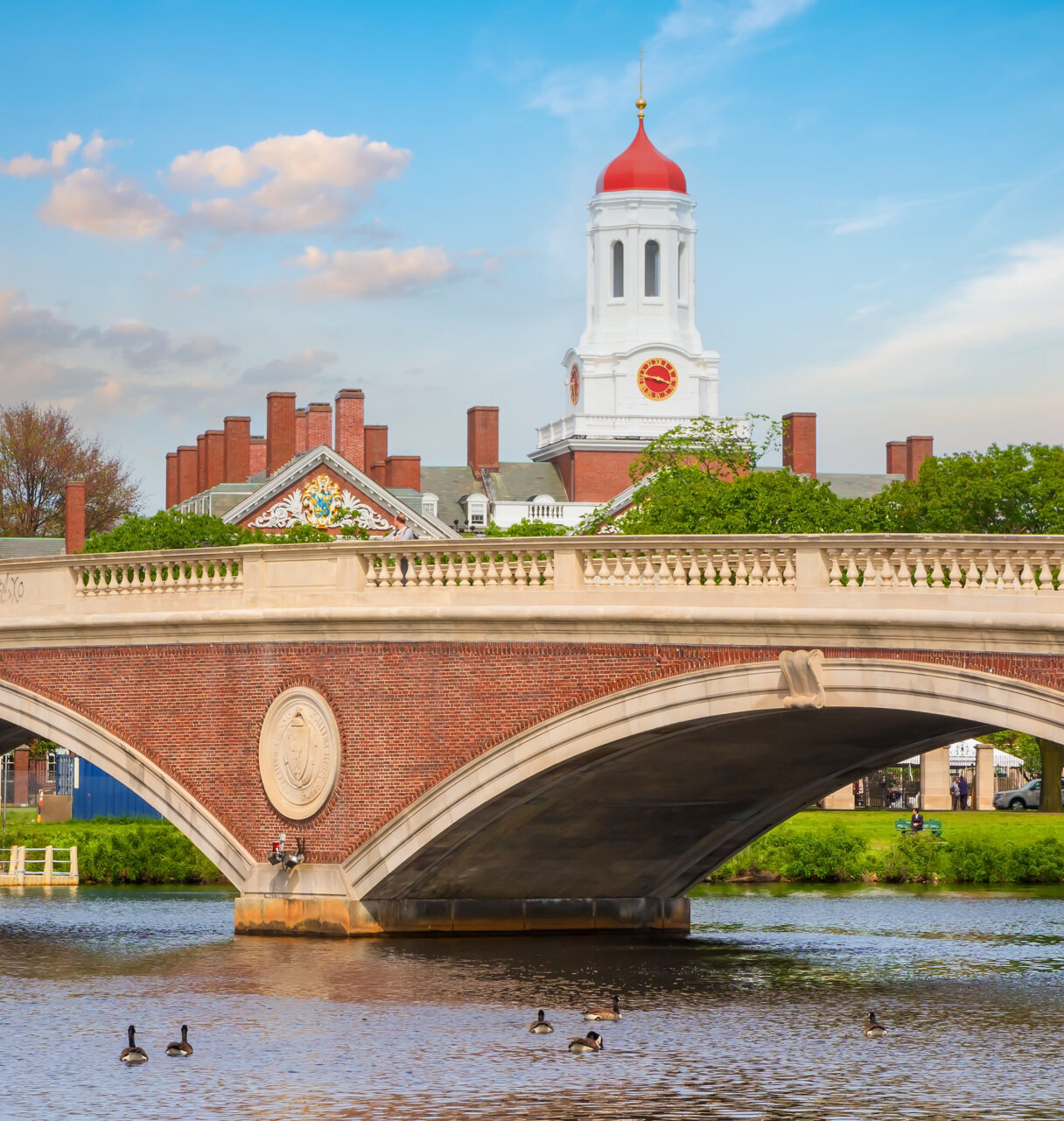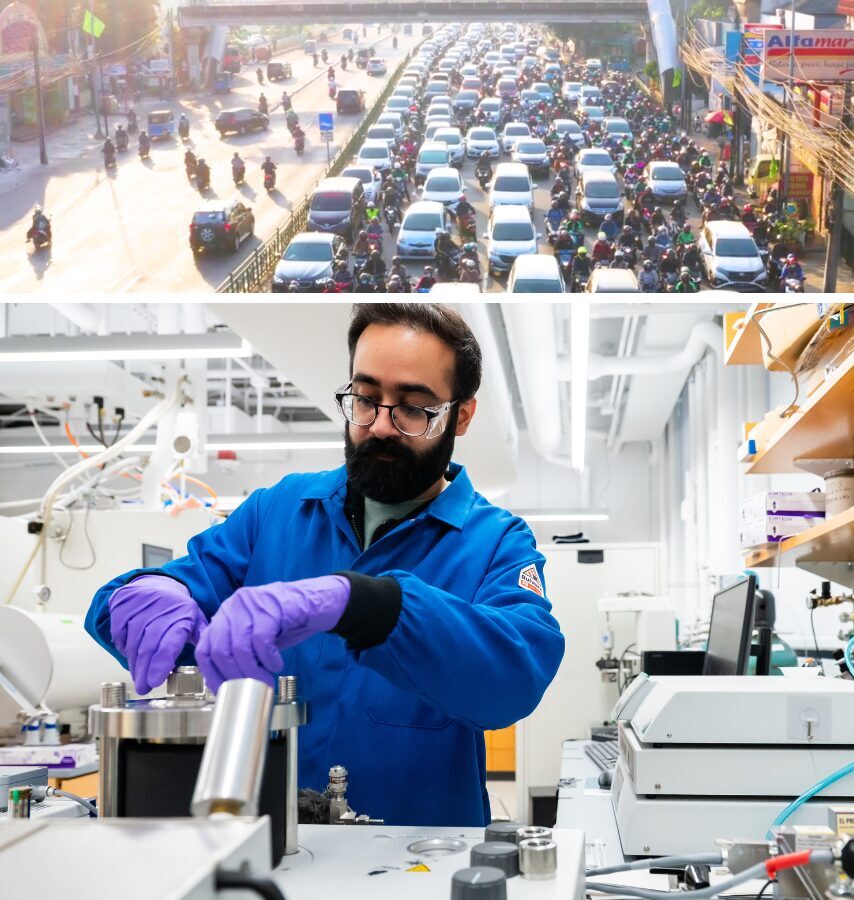An Update from The Salata Institute
Dear Members of the Harvard Community,
Six months ago today, we launched The Salata Institute for Climate and Sustainability at Harvard University to serve as a fulcrum for collaboration across Harvard’s many areas of expertise, pursuing practical, real-world solutions that address all aspects of the climate crisis.
Today, I am pleased to report that we have made significant strides in service of that mission.
Driving Real World Impact through Interdisciplinary Research
The Salata Institute is committed to supporting interdisciplinary research that promises to make a real-world impact on the climate crisis. We have begun to deliver on that commitment through two new programs: the Climate Research Clusters and Seed Grant Program.
In February, the Salata Institute launched five new interdisciplinary Climate Research Cluster projects. So far, this new program has brought together 30 faculty from 7 Harvard Schools. These faculty members bring the varied expertise required to solve complex problems in climate and sustainability. This first cohort of clusters will offer specific strategies that reduce methane emissions; create new tools to assess corporate net-zero targets; help communities navigate development choices equitably and efficiently; strengthen climate resilience in South Asia; and advance climate adaptation strategies and capacity in the Gulf of Guinea. The Salata Institute will begin the process of selecting the next round of cluster research projects next year.
The Salata Institute’s Seed Grant Program, launched earlier this month, will fund early-stage and interdisciplinary collaboration on understudied and emerging topics in climate and sustainability. This program will spur new research, forge new cross-school partnerships, and enable faculty whose work is not usually in climate to apply their expertise to the pressing questions raised by climate change.
Beyond these two programs, we have worked closely with other institutions at Harvard to develop new opportunities for climate research and practice, including the Burke Climate and Health Fellowship and Harvard Climate Justice Fellowship.
I believe that Harvard can best contribute to the climate challenge through interdisciplinary collaboration and am deeply encouraged by my colleagues’ enthusiasm for these new programs.
Expanding Climate Education and Engagement Opportunities for Harvard Students and Alumni
A core part of the Salata Institute’s mission is to ensure that Harvard has robust curricular and programmatic offerings that will prepare our students to be leaders in a world grappling with climate change. We recognize the high level of student demand for climate education and engagement opportunities and have taken several steps in the last six months to build the scaffolding needed to meet that demand. The Salata Institute has created two new programs to fund student professional development and organizing around climate: the Harvard Climate Internship Program and Student Organization Funding Program. At the request of students, we also launched semesterly meetings of climate and sustainability student organization leaders to solicit feedback on the Salata Institute’s work and provide opportunities for deeper collaboration between students across Schools. We have also convened several listening sessions with students in recent weeks to hear more about how we can strengthen and structure our engagement with students across the University.
Further, the 29-member Climate Education Committee has held productive meetings throughout the Spring 2022 term to envision the future of climate education across Harvard’s schools and prioritize initial steps that can be taken to improve climate education and career advancement at Harvard. We expect to share updates on this Committee’s progress in the coming months.
Beyond serving current Harvard students, we must also equip Harvard alumni from across the University with the tools they need to meet the climate challenge in their lives and careers. We have been working closely with the Harvard Alumni Association and several alumni groups to explore new opportunities and will continue to do so.
Student and alumni engagement will always be a core component of the Salata Institute’s work and we look forward to significantly expanding student and alumni opportunities in the future.
Convening the Inaugural Harvard Climate Symposium and First-Ever Harvard Climate Action Week
I am proud to share that on May 9th, the Salata Institute’s Climate Action Accelerator will hold its first annual Harvard Climate Symposium, bringing together leaders from across academia, business, government, and civil society for a rare and important opportunity to discuss the energy transition. This represents the first of many events that will be hosted by the Salata Institute’s Climate Action Accelerator. Through events like this one, the Accelerator will serve as resource and partner to the full spectrum of stakeholders wrestling with the most difficult and divisive climate questions, building consensus for climate solutions grounded in Harvard’s research and expertise.
The launch of this new annual Symposium has sparked Schools and centers across Harvard to launch the first-ever Harvard Climate Action Week, taking place May 8 – 11. I am looking forward to the celebration and acceleration of climate research, education, and engagement that this week represents.
More to Come
As this academic year comes to a close, I am deeply encouraged by the level of interest and enthusiasm shown by the Harvard community in the Salata Institute’s work so far. This is just the beginning of what we will accomplish together. Having seen the deep reservoir of expertise and energy that Harvard has to offer in the face of the climate challenge, I am more optimistic than ever about our ability to meet this moment.
I am grateful to this community and hope that you will continue to engage with the Salata Institute as we build and grow.
Thank you,
James Stock, Vice Provost for Climate and Sustainability and Director of the Salata Institute for Climate and Sustainability at Harvard University







